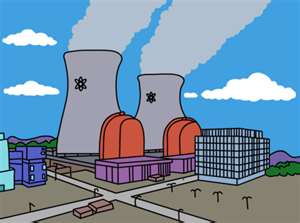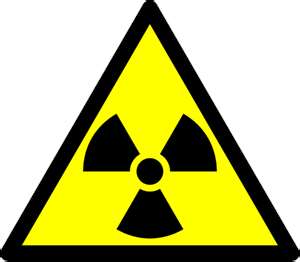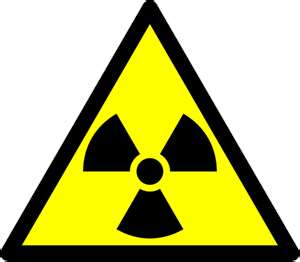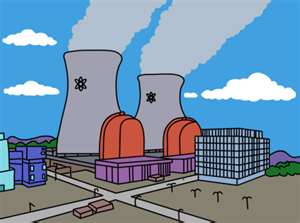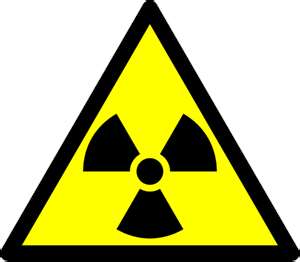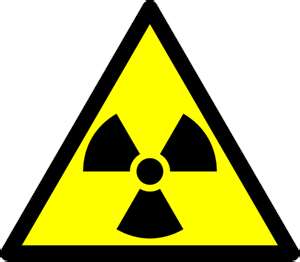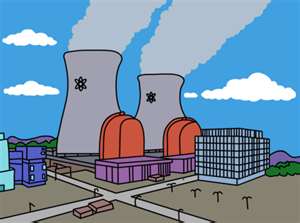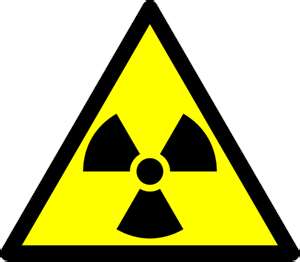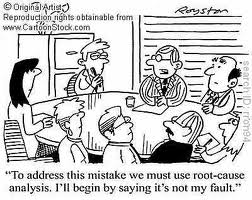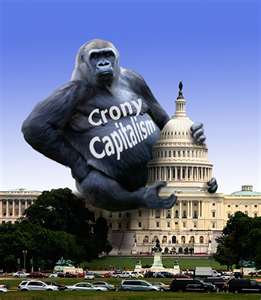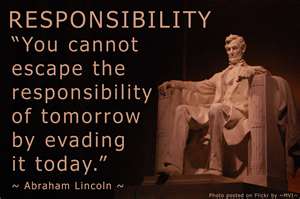 In 1912 an amendment to the Constitution of the United States proposed that Senators be directly elected by the population of each state rather than be appointed by the legislatures of said states. It was ratified within a year by 31 of the 48 states and became law on May 31, 1913.
In 1912 an amendment to the Constitution of the United States proposed that Senators be directly elected by the population of each state rather than be appointed by the legislatures of said states. It was ratified within a year by 31 of the 48 states and became law on May 31, 1913.
In my experience I find that most people are unaware of a time when Senators were not directly elected so I’m going to go back in time and try to explain the original concept of the Founding Fathers.
Put on your time travel hats and come with me on a journey … journey … journey.
During the Philadelphia or Constitutional Convention the founding fathers gathered to write the new constitution. There were a number of factions each with their own plan but one of the main issues rested on how officials to the new government would get their jobs. I’m going to generalize here pretty broadly and I’d suggest a perusal of the article for better details.
Anti-federalist largely wanted there to be one representative per state so as each state would have equal power and the federal government would be weaker. Federalists largely wanted direct, proportional elections so that larger states had more power and the federal government would be stronger. They ended up with the Connecticut Compromise. Direct, proportional election of the House of Representatives, two Senators per state appointed by state legislatures, and an executive elected by the Electoral College.
The effect of this was as follows: The house of representatives with their two year terms were beholden to the people of their states, more subject to the whims of the moment, and the larger states had significantly more say. The senators with their six year term were beholden directly to the state representatives and not the people of the state which gave state legislatures, big and small, an equal say in federal policies.
The reasons suggested for the new amendment were that some senators engaged in direct and indirect bribery of state legislatures to get their job. Also, when a state failed to elect a senator because of gridlock the senate went unfilled.
These reasons gained so much momentum that 31 state legislatures proposed making the change. This galvanized the federal government into proposing the amendment before the states themselves engaged in a “runaway convention” and took matters into their own hands.
In my opinion the federal government was correct to propose the change at the time because it was the will of the state legislatures and their ratification of the amendment demonstrates this fact. However, we’ve had a hundred years to see its effect and it is time we reexamine an amendment as has been done before.
Its effect has been profound and I’ll site one dramatic example. In 1994 the Republican Party took control of the Senate with 52 of the 100 seats. Had the 17th amendment not been passed Democrats would have had a filibuster-proof super-majority of 70 seats.
Now, as to the less dramatic effects of the new amendment. Essentially the Senators are no longer beholden to the state legislature and that removes power from the states. Some argue that it also helped pave the way for special interest groups and lobbyist to influence the now unburdened Senators. Essentially lobbyist used to focus on their own state legislatures but now gather in ever growing flocks in Washington D.C. Before lobbyist had to spread their attention to multiple people in each state legislature but now only have to influence two senators.
Now, as to my opinion, finally.
I think the weakening of state power has only increased the corruption that was largely the motivator in making the change in the first place. Certainly there was corruption in the Senate appointment process but that corruption has simply gone up the ladder to the federal level while at the same time depriving states of their primary weapon in this great Union. As individual states lose their power, and the federal government gains it, the concentration of power draws in more and more corruption. As the federal government becomes directly responsible to the people and not the state legislatures we slide towards democracy rather than representative republic. I detail why this is a bad thing here.
I’m not suggesting that repealing the 17th amendment will fix the woes of the country but I think it’s one step necessary in the process.
Like, Tweet, Comment, Stumble, Digg, and otherwise spread the word if you think this post might be of interest to your friends and family. As always, feel free to disagree in the comments!
Tom Liberman
Sword and Sorcery fantasy with a Libertarian Twist





